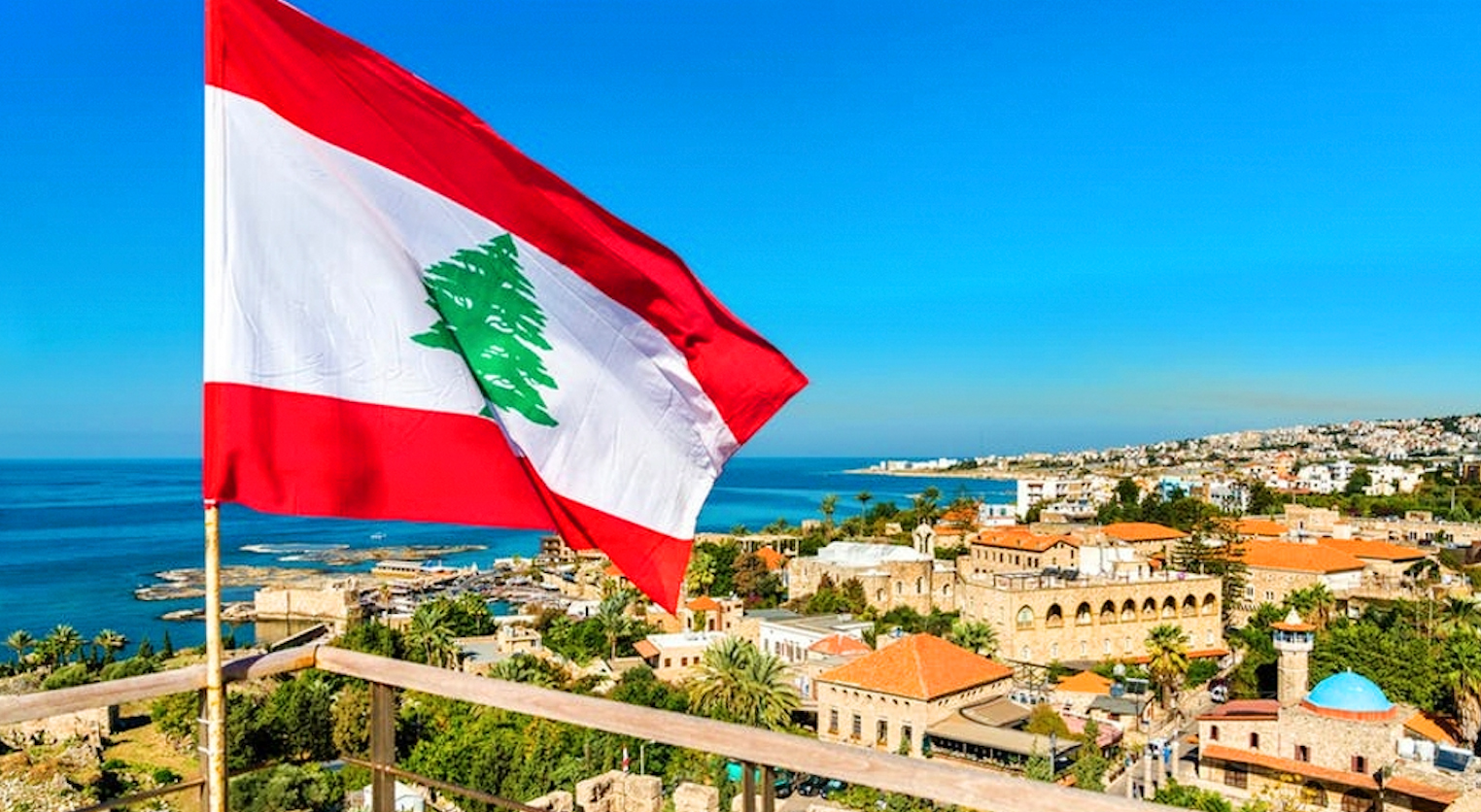A collapsed economy, coupled with the Covid-19 outbreak and the Beirut blast, have plunged Lebanon into a long state of paralysis.
Representatives of various countries who met in Paris to discuss Lebanon’s crisis have warned that an absence of presidential elections may drive them to reconsider their ties with Beirut, the Lebanese news agency (NNA) reported on Monday.
The Paris meeting took place last week with the participation of Qatar, Saudi Arabia, Egypt, the United States, and France, in a bid to break Lebanon’s years-long deadlock.
Some of the issues on the agenda include filling up the Lebanese presidency seat, cabinet shuffles, and a rescue plan that would help the crises-hit country stay afloat.
While no statement was issued in the aftermath of the meeting, several members of the Lebanese government met with envoys from countries which attended.
On Monday, Lebanese Caretaker Prime Minister Najib Mikati met with the ambassadors of the five countries. During the meeting, the envoys said that no final statement has been issued since the meetings remain “open and ongoing”.
“Failure to elect a new president will result in a review of all relations with Lebanon, because if the members of parliament do not assume their duties, the foreign states will not be keener than the Lebanese officials themselves,” NNA reported, quoting officials at the meeting with Mikati.
The envoys added that “the real support for Lebanon will begin after the election of the new president, and then the enaction of the required reforms.”
On the same day, the envoys met with Lebanese Parliament Speaker Nabih Berri.
General Joseph Aoun, who is not related to the former president, has emerged as a possible candidate for the presidency. Qatar’s support for the army commander general was questioned when he visited the Gulf state in December last year.
Calls for reform in Lebanon come as it faces its worst economic crisis in decades.
Since 2019, the currency has lost more than 90% of its value to the US dollar, leaving many families living in poverty.
A collapsed economy, coupled with the Covid-19 outbreak and the Beirut blast, have plunged Lebanon into a long state of paralysis.
Qatar’s support
In the aftermath of the explosion, the third-worst in the world, Qatar was the first country to offer direct support to Lebanon of more than $70 million. It also sent aircrafts carrying fully equipped field hospitals with 500 beds straight to Beirut.
“Qatar has a history of diplomacy in trying to play the role of the convenor of dialogue in Lebanon, traditionally it has played this role,” Halim Shebaya, non-resident fellow at Arab Center Washington DC, told Doha News earlier this month.
In 2008, Qatar succeeded at holding talks that resulted in an agreement between the Lebanese government and Hezbollah following an 18-month political crisis.
The talks in Doha were the first to bring all Lebanese parties onto a single table to negotiate despite the deep divide between all sides.
The Qatar-mediated agreement stipulated that parties decide on an electoral law, with General Michel Suleiman being named as the country’s president at the time. During the lull in fighting, Lebanon witnessed positive developments, including economic growth.
Unlike some regional members which turned away, Qatar continued its efforts in Lebanon with frequent meetings taking place between officials of both countries.
In 2019, Qatar’s Amir Sheikh Tamim bin Hamad Al Thani was the only Gulf leader to attend the Arab Economic and Development Summit in Lebanon.
Seeking to alleviate Beirut’s economic suffering, Doha bought $500 million of Lebanese bonds. Then during the pandemic, Lebanon continued to receive aid from Qatar while sending monetary support to help support the Lebanese army.
In June last year, Qatar donated $60 million to pay the salaries of the Lebanese army.







